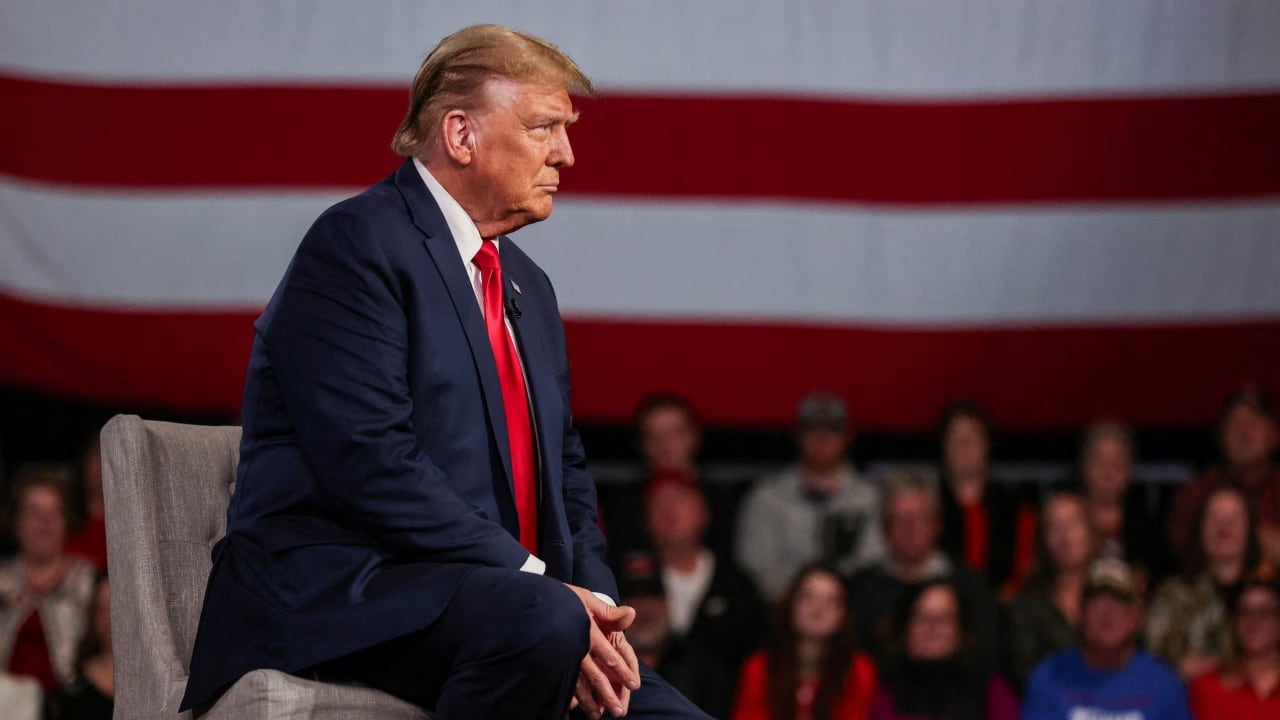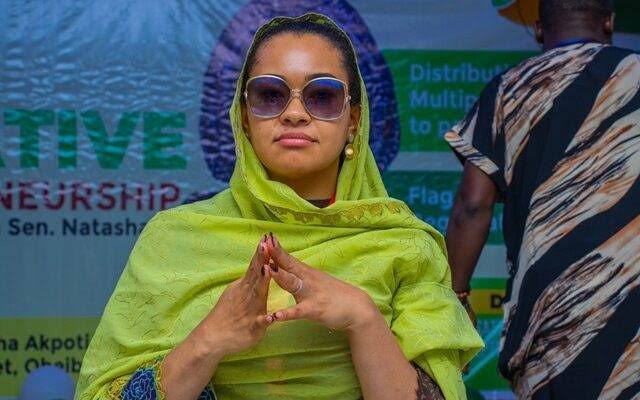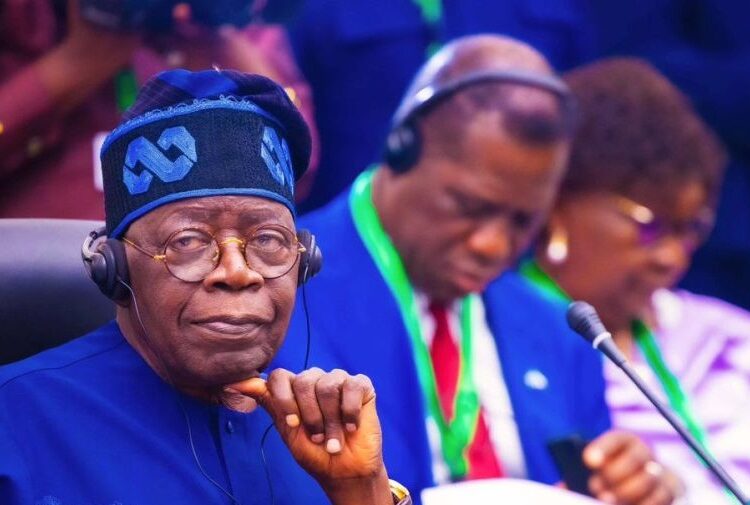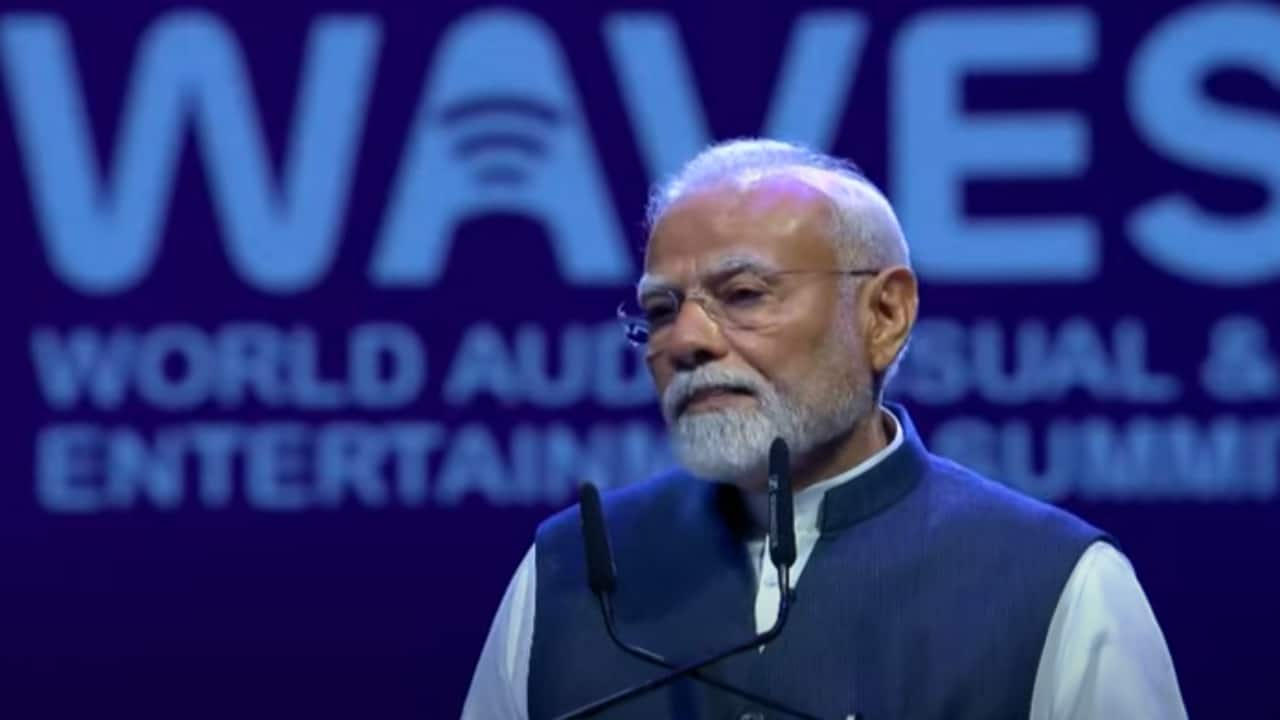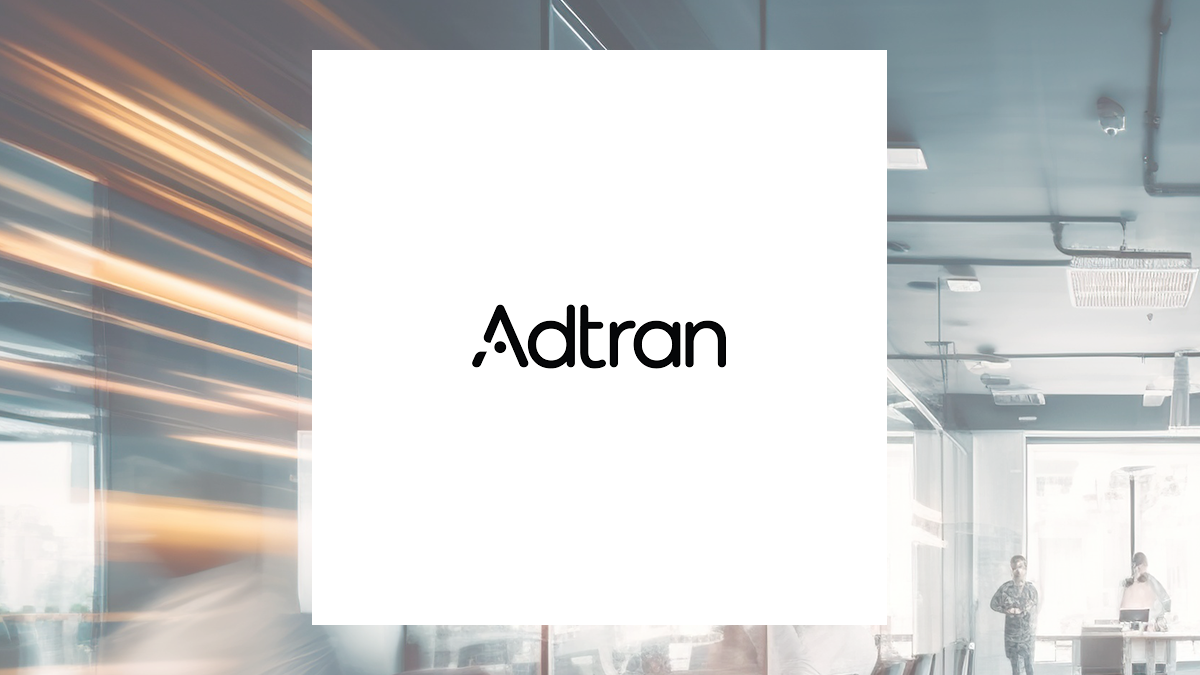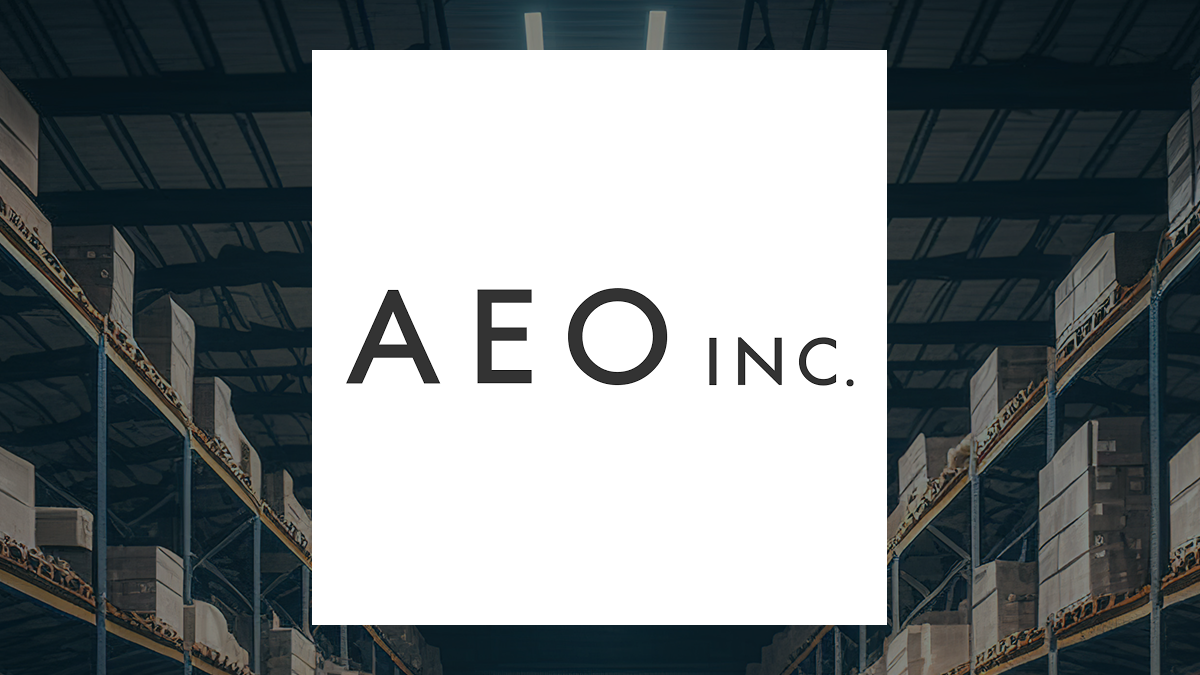PETALING JAYA: Eco World Development Group Bhd (EcoWorld Malaysia) will no longer be confined to building properties only within Malaysia, after its 29%-owned Eco World International Bhd (EWI) announced a new business direction that involves its entry into Malaysia and a name change. With the loss-making EWI diversifying into Malaysia, EcoWorld Malaysia said it can also “directly explore and pursue compelling investments” in real estate or development projects abroad. This may include Singapore, where it already has a marketing presence.
However, the statement issued today stopped short of openly mentioning the Australian and UK property markets, where EWI is involved in currently. At the moment, a collaboration agreement signed in 2016 by both companies restricts EWI from venturing into Malaysia, while EcoWorld Malaysia is restricted from undertaking any property development or investments in countries other than Malaysia. EWI announced yesterday a series of proposals aimed at expanding the group’s geographical scope of operations to broaden its revenue base and accelerate income generation.

These include the proposed termination of the collaboration agreement. Following the termination, EWI will no longer carry the EcoWorld brand name and will thereafter be known as EWI Capital Bhd. As such, it is also proposed that the brand licence agreement signed in 2014 be terminated.
For it to venture into Malaysia, EWI needs cash for reinvestment, and therefore, the company looks to sell some of its “existing long gestational property assets” over the next 18-24 months. As for EcoWorld Malaysia, while the 29% equity interest in EWI will be retained, the stake will be de-recognised as an associate company and instead, recognised as a simple investment. Pursuant to the proposals, Tan Sri Liew Kee Sin and Datuk Heah Kok Boon have voluntarily resigned as the directors of EWI on April 30.
Liew is the executive chairman and Heah is an alternate director of EcoWorld Malaysia. Following their resignations, EcoWorld Malaysia will no longer be privy to EWI’s business strategies or be able to exercise any significant influence over its financial and operating policy decisions. The proposals will not take effect immediately and must be approved by shareholders of both EWI and EcoWorld Malaysia at an extraordinary general meeting to be convened later.
EcoWorld Malaysia said it stands to benefit from EWI’s efforts to protect and potentially enhance the company’s long-term value proposition. In addition, with the termination of the collaboration agreement, this will open up fresh opportunities for EWI and EcoWorld Malaysia to work together in a different capacity or at the project level for their mutual benefit. In a statement, EcoWorld Malaysia president and chief executive officer (CEO) Datuk Chang Khim Wah said there are many ways for EcoWorld Malaysia and EWI to forge new areas of collaboration.
“We can be a development manager to help them develop their Malaysian projects or we can even explore joint ventures together at project level. “The combination of our experience and expertise as well as pooling of resources and balance sheet strength with EWI should release good synergies to contribute towards greater value creation for both companies. “In EcoWorld Malaysia’s case, such an arrangement will help us grow our fee-based income stream and expand our portfolio of projects, whether as a development manager or joint venture partner,” said Chang.
Meanwhile, EWI president and CEO Datuk Teow Leong Seng reaffirmed that the company will maintain its presence in the UK and Australia. This will allow the company the flexibility to launch its remaining sites when market conditions improve. According to Teow, several broad macroeconomic indicators in the UK and Australia have begun to trend in a more favourable direction.
Nevertheless, both mortgage rates and construction costs are still elevated compared to pre-pandemic levels. Teow highlighted that the decision to spread EWI’s wings to Malaysia was also driven by the accounting rules governing revenue recognition from development activities. In both the UK and Australia, revenue is recognised only upon the completion of projects and the handover of units to purchasers.
This creates a long timing gap between new launches and revenue recognition which will weigh on the group’s financial performance over the next several years. Conversely, in Malaysia, the accounting rules permit development revenue to be recognised progressively, with only a short timing gap between new launches and income recognition. This can potentially generate nearer-term income for EWI once a project is secured and launched which will strengthen the group’s financial performance.
“Depending on the nature and type of projects that we undertake in Malaysia, one possibility (for collaboration) could be in the area of development management services to be provided by EcoWorld Malaysia, given that we do not presently have our own property development team here. “Combined with our zero gearing position and the gradual cash build-up from the sale of our remaining completed stocks, we are well-positioned to explore new investment and development opportunities,” said Teow..
Business

EcoWorld International unveils new strategy; to rebrand as EWI Capital

PETALING JAYA: Eco World Development Group Bhd (EcoWorld Malaysia) will no longer be confined to building properties only within Malaysia, after its 29%-owned Eco World International Bhd (EWI) announced a new business direction that involves its entry into Malaysia and a name change. Read full story





